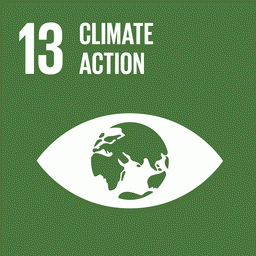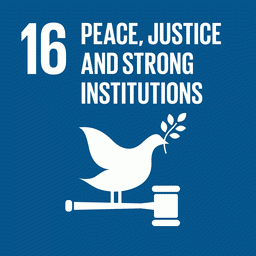Deforestation on public lands is one of the greatest challenges in the Amazon: according to Ane Alencar, director of Science at IPAM (Amazon Environmental Research Institute), 51% of deforestation in the region in recent years has occurred in areas that, in other words, belong to the Brazilian people. “This means that we are losing public patrimony to private entities and illegal activities,” explained Alencar.
Much of the problem occurs in the so-called undesignated public forests – public lands that are under the domain of the state or federal government and have not yet received a destination to be consolidated as a conservation unit, indigenous land or extractive reserve, for example. According to the Public Forest Management Law in Brazil, these areas must be designated for conservation or for the sustainable use of their resources, especially by native and traditional populations.
The designation of public lands is one of the solutions to deforestation that will be explored in the new cycle of Amazoniar, which proposes to connect youth with IPAM experts to find ways of collective mobilization for the conservation of the biome. Throughout January and February, the initiative will release videos of the dialogues about proposals to stop deforestation.
Check out the first video of the series:
Amazon, a land of all
According to Alencar, deforestation in public lands is a consequence of the weakening of governmental institutions at different levels, especially in relation to the control of illegal activities. Land grabbing, the name given to the illegal appropriation of lands, is directly associated with the deforestation records that Brazil has been breaking in recent years.
IPAM analysis shows that, by the end of 2020, more than 14 million hectares of undesignated public forests, equivalent to 29% of the total area, were illegally registered as private property in the National Rural Environmental Cadastre System (CAR). Since the CAR is self-declaratory, land grabbers try to simulate a right over land they do not have.
“When a land grabber occupies public land, thinking that this area could be recognized as his in the future, he is taking a risk and investing money to deforest. This is not cheap. However, this risk is currently very small in view of the lack of control in these public areas”, warned the scientist.
Amid the need to end deforestation to meet the global commitment to reduce greenhouse gas emissions and mitigate climate change, Alencar points out that it has never been more urgent to resignify the term “no one’s land”, frequently used to refer to undesignated public forests. “It needs to be clear that Brazilian public lands belong to Brazil, not to specific few people.”
About Amazoniar
Amazoniar is an initiative of IPAM to promote a global dialogue about Amazon and its importance for Brazil’s relationships with the world. In the previous cycles, dialogues addressed the commercial relations between Brazil and Europe; the role of indigenous peoples in the region’s sustainable development and their contribution to science and culture; and youth engagement for the forest and its peoples in the 2022 Brazilian elections.
With the proposal of taking the Amazon beyond its borders, Amazoniar has already carried out special projects, such as a photography contest, whose selected photos were exhibited in the streets of Glasgow, in Scotland, during the COP26; a series of short films that composed the exhibition “Fruturos – Amazônia do Amanhã”, at the Museum of Tomorrow, in Rio de Janeiro; as well as a publication with key information to better understand the current Amazon context and some of the possible solutions for its sustainable development.

